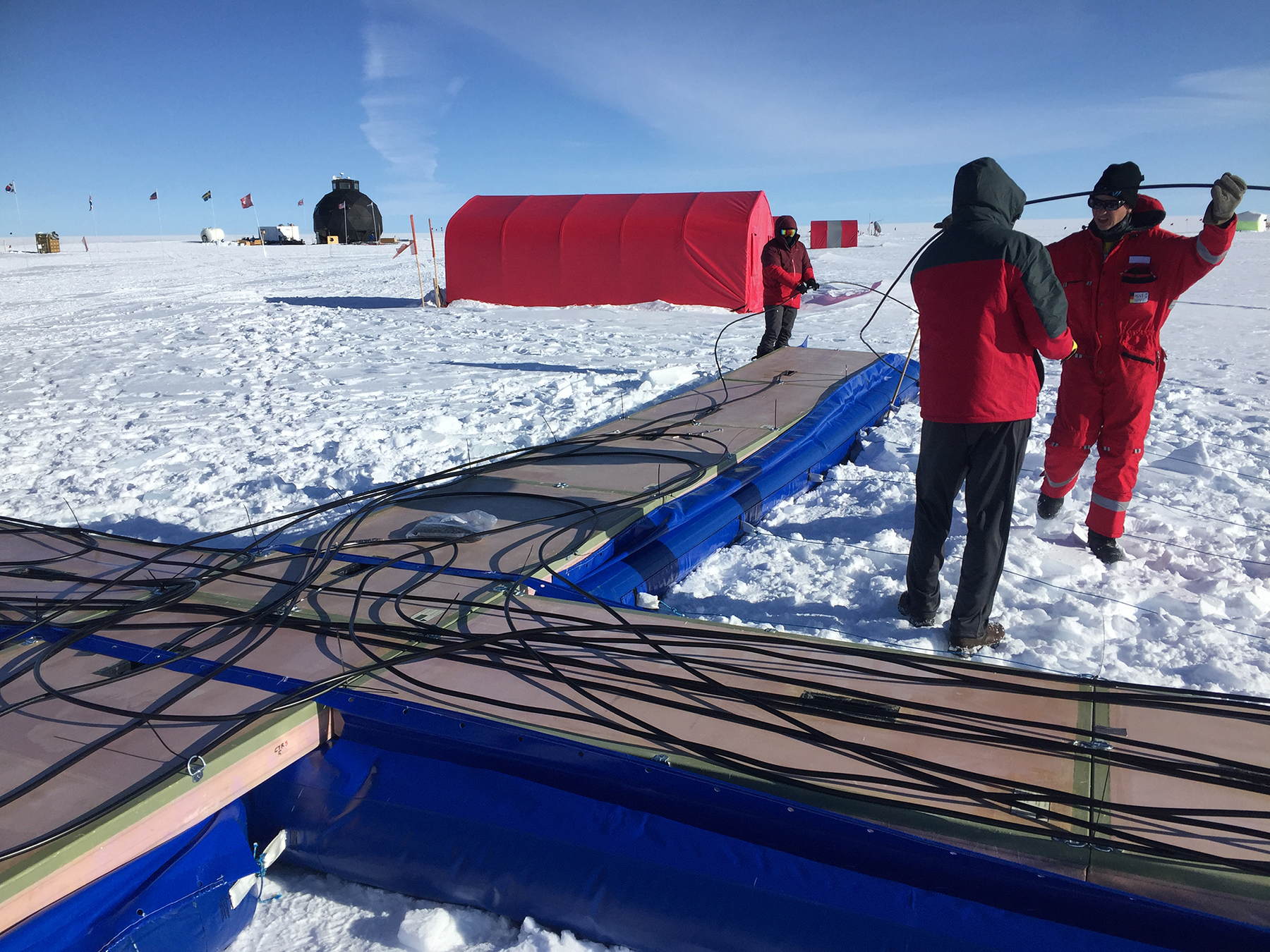
UA Students Highlight Research, Creativity during Annual Conference
Nearly 500 undergraduate students at The University of Alabama are highlighting their research and creative projects during the Undergraduate Research and Creative Activity Conference March 27.



